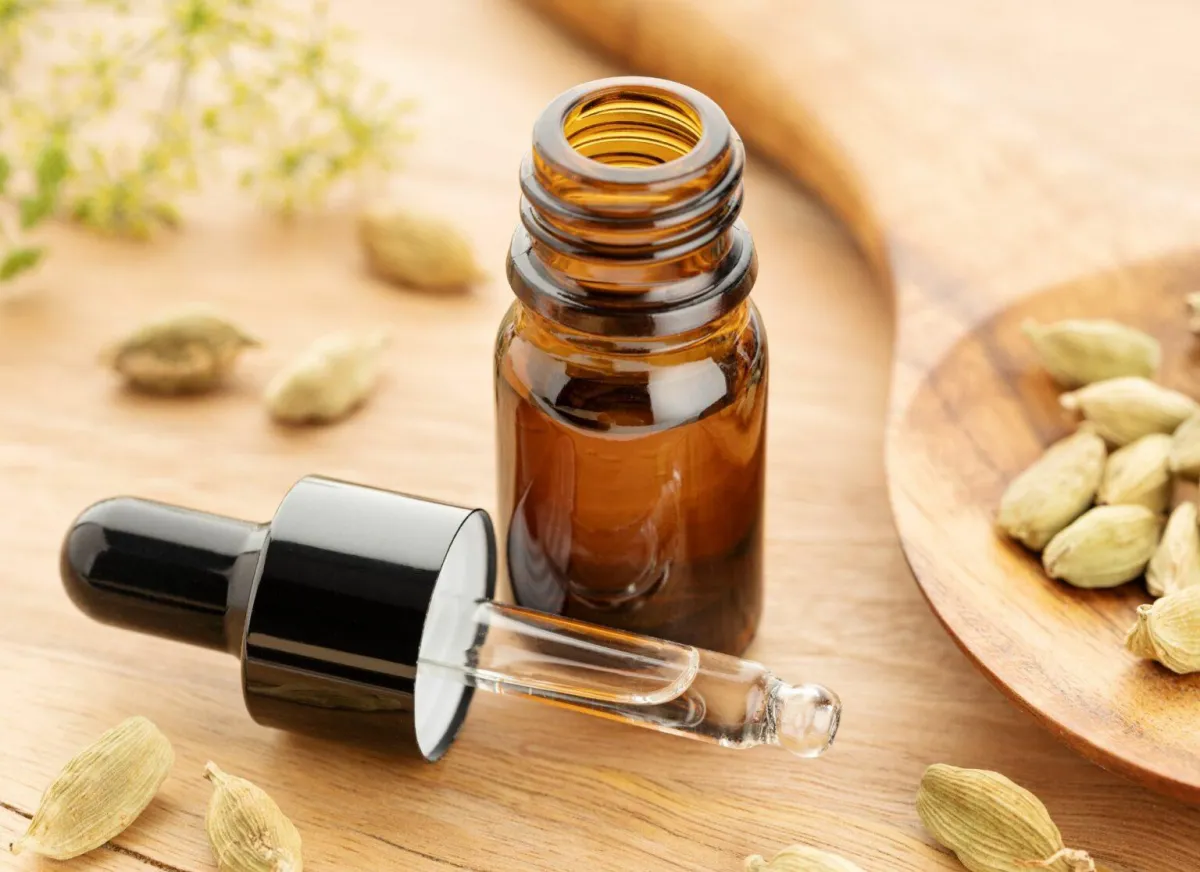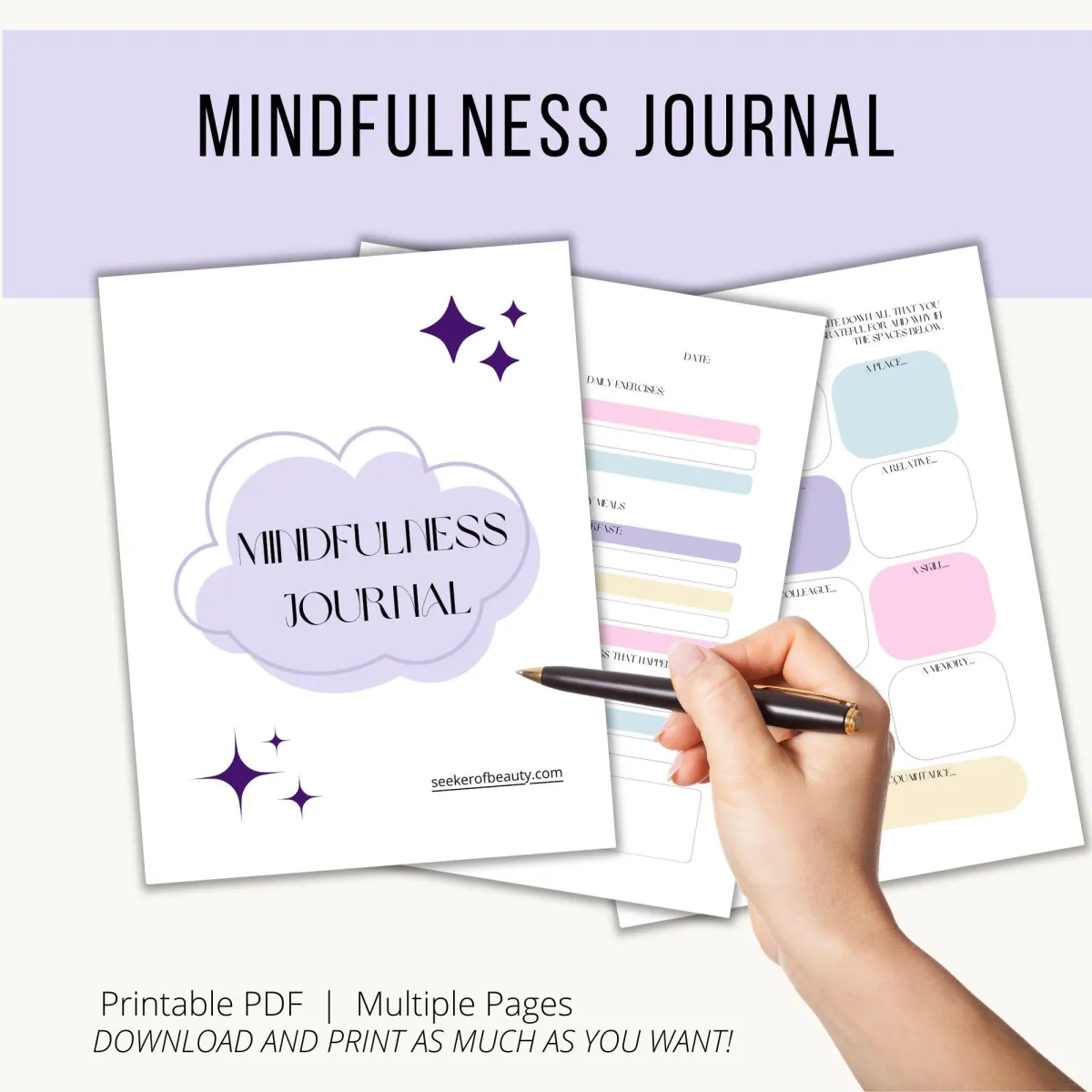Are You a Seeker?
Exploring beauty through Crystals, Aromatherapy,
and Painterly Photography
Latest Posts

Cardamom Essential Oil: From Ancient Spice to Modern Aromatherapy
Cardamom essential oil is a highly aromatic and versatile oil with a rich, spicy-sweet scent. Known for its warm and inviting aroma, cardamom oil is a popular choice in both aromatherapy and culinary applications. Its complex fragrance is simultaneously refreshing and grounding, making it a favorite among those seeking a unique and exotic essential oil experience.
History
Cardamom essential oil has a rich history that spans centuries and continents, originating from the aromatic seeds of the cardamom plant, Elettaria cardamomum. Native to the lush forests of southern India, cardamom has been prized for its culinary and medicinal properties since ancient times. The Egyptians and Greeks used it in perfumes and incense, while the Romans valued it as a flavoring in food and wine.
Cardamom’s journey along the ancient trade routes brought it to the Middle East, where it became a staple in traditional medicine and cuisine. Arab traders introduced it to Europe during the medieval period, where it quickly became popular in both culinary and medicinal applications.
In traditional medicine systems like Ayurveda and Traditional Chinese Medicine, cardamom was used to treat a variety of ailments, including digestive issues, respiratory problems, and even as an aphrodisiac. The warming and stimulating properties of cardamom made it a valuable commodity in ancient pharmacopoeias.
Today, cardamom essential oil is still valued for its rich aroma and numerous health benefits. It is used in aromatherapy to promote a sense of clarity and mental alertness, as well as to ease digestive discomfort. Its warm, spicy-sweet scent makes it a popular choice for perfumes, soaps, and other scented products. Whether used for its aromatic qualities or its therapeutic benefits, cardamom essential oil continues to be a cherished ingredient with a long and storied history.
How it is Made
Cardamom essential oil is typically extracted through steam distillation from the seeds of the cardamom plant, scientifically known as Elettaria cardamomum. The process begins with the harvesting of the cardamom pods, which contain the small, black seeds. These seeds are then dried to reduce moisture content, making them suitable for the extraction process.
Next, the dried seeds are crushed or ground to increase their surface area, which helps release the essential oil during distillation. The crushed seeds are then placed in a distillation apparatus, where they are exposed to steam. The steam helps to release the volatile compounds present in the seeds, including the essential oil.
As the steam passes through the crushed seeds, it carries the essential oil along with it. The steam and oil mixture then moves into a condensation chamber, where it cools and condenses back into a liquid. The essential oil, being lighter than water, floats on the surface and is collected separately.
Once collected, the cardamom essential oil is typically filtered to remove any remaining impurities, resulting in a pure, highly concentrated oil with the characteristic aroma of cardamom.
Benefits
Cardamom essential oil offers a range of potential benefits, including:
Digestive Support: Cardamom oil is often used to help alleviate digestive issues such as indigestion, bloating, and stomach cramps. It is believed to stimulate the digestive system and promote healthy digestion.
Respiratory Health: The oil may help alleviate respiratory issues such as coughs, colds, and congestion. Its expectorant properties can help loosen and expel mucus from the airways.
Mood Enhancement: The warm, spicy aroma of cardamom oil is uplifting and invigorating. It is often used in aromatherapy to reduce feelings of stress, anxiety, and fatigue, promoting a sense of well-being.
Antioxidant Properties: Cardamom oil contains antioxidants that help protect cells from damage caused by free radicals, potentially reducing the risk of chronic diseases and premature aging.
Antimicrobial Effects: The oil has antimicrobial properties that may help fight against certain types of bacteria and fungi, making it a potential natural remedy for oral health issues and skin infections.
Aphrodisiac: Cardamom oil is sometimes used as an aphrodisiac, believed to help enhance libido and sexual performance.
Muscle Relaxant: When applied topically, cardamom oil may help relax muscles and alleviate muscle spasms and cramps.
It’s important to note that while cardamom essential oil has these potential benefits, individual experiences may vary. It’s always best to dilute essential oils properly and perform a patch test before using them topically. Pregnant or nursing women, as well as individuals with specific health conditions, should consult with a healthcare professional before using essential oils.
Tips for Using Cardamom Essential Oil
Cardamom essential oil has many uses, including:
Aromatherapy: Add a few drops of cardamom oil to a diffuser to enjoy its warm, spicy aroma. It can help promote a sense of calmness and relaxation.
Digestive Aid: Dilute cardamom oil with a carrier oil and apply it to the abdomen in a clockwise direction to help relieve digestive issues such as indigestion, bloating, and stomach cramps.
Respiratory Support: Inhaling cardamom oil directly from the bottle or by adding a few drops to a bowl of hot water can help relieve respiratory issues like coughs, colds, and congestion.
Massage Oil: Mix a few drops of cardamom oil with a carrier oil like coconut or jojoba oil for a soothing massage oil. It can help relax muscles and reduce muscle spasms.
Personal Care: Add a few drops of cardamom oil to your shampoo, conditioner, or body wash for a refreshing and invigorating shower experience.
Air Freshener: Mix cardamom oil with water in a spray bottle and use it as a natural air freshener to eliminate odors and create a warm, inviting atmosphere.
Always dilute cardamom oil with a carrier oil before applying it to the skin and perform a patch test to check for any sensitivity. Pregnant or nursing women, as well as individuals with specific health conditions, should consult with a healthcare professional before using cardamom oil.
Conclusion
In conclusion, cardamom essential oil is a versatile and aromatic oil that offers a wide range of potential benefits. From its digestive and respiratory support to its mood-enhancing and antimicrobial properties, cardamom oil can be a valuable addition to your natural health and wellness routine. Whether used in aromatherapy, as a digestive aid, or personal care, this oil has a lot to offer. However, it’s important to use it responsibly, diluting it properly and consulting with a healthcare professional if you have any concerns. With its warm and inviting aroma, cardamom oil is sure to delight your senses and enhance your well-being.

Free Mindfulness Journal
© 2024 Seeker of Beauty built by
sweetsallysscents



Facebook
Instagram